The WTO, which governs 75 percent of global trade, is still trying to reach agreements by consensus among its member states. But such efforts are becoming increasingly difficult amid signs that the global economy is fragmenting into separate blocs.
“We should not be careless,” said Ngozi Okonjo-Iweala, director-general of the World Trade Organization (WTO), in her opening remarks on February 26, describing the atmosphere as “more difficult” than the WTO’s last 2022 meeting, citing wars, tensions and elections as well as signs that trade growth will fall short of the organization’s targets.
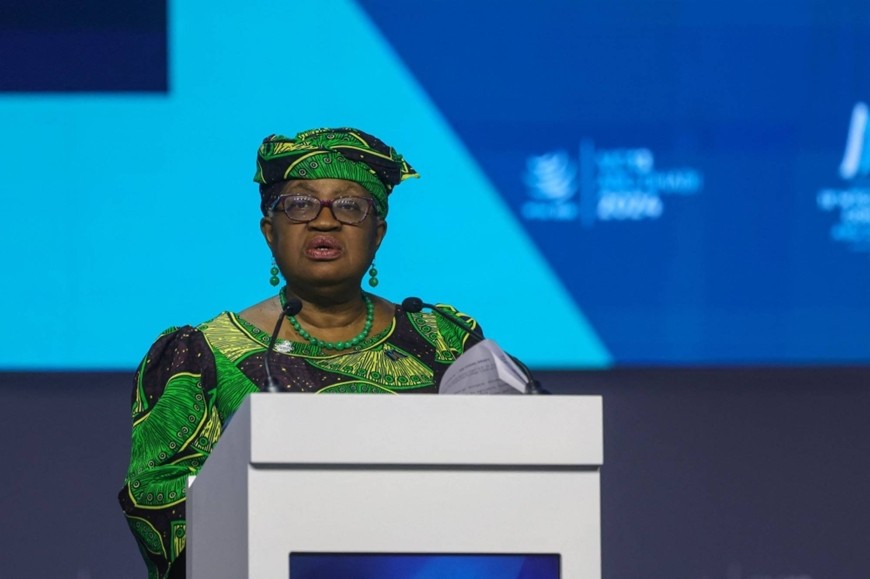 |
| Ms. Ngozi Okonjo-Iweala - Director General of the World Trade Organization delivered the opening speech at the MC13 Conference. |
Ngozi Okonjo-Iweala called on ministers to pull together and complete the talks, but appeared to rule out any deal in Abu Dhabi on reforming the agency's delayed appeals court.
In a unanimous statement, Mr. Thani Al Zeyoudi, Chairman of the Conference and Minister of Foreign Trade of the UAE, said: “The multilateral trading system with the WTO at its core is at a critical juncture. We are facing many challenges.
“Our goal is to show the world that the WTO is still alive. We are still functioning well and we have the capacity to deliver important results for people everywhere,” he added.
During the meeting, some delegates privately expressed concern that India's commerce minister, seen as a key player on several key issues including agriculture, was absent on Monday even though New Delhi said he would be present in Abu Dhabi.
Meanwhile, negotiators say they remain hopeful for a deal that could boost global fish stocks and protect fishermen by banning government subsidies.
Other possible outcomes from the four-day meeting include the accession of two new members, Comoros and East Timor, and an agreement among some 120 countries to remove investment barriers that hinder development.
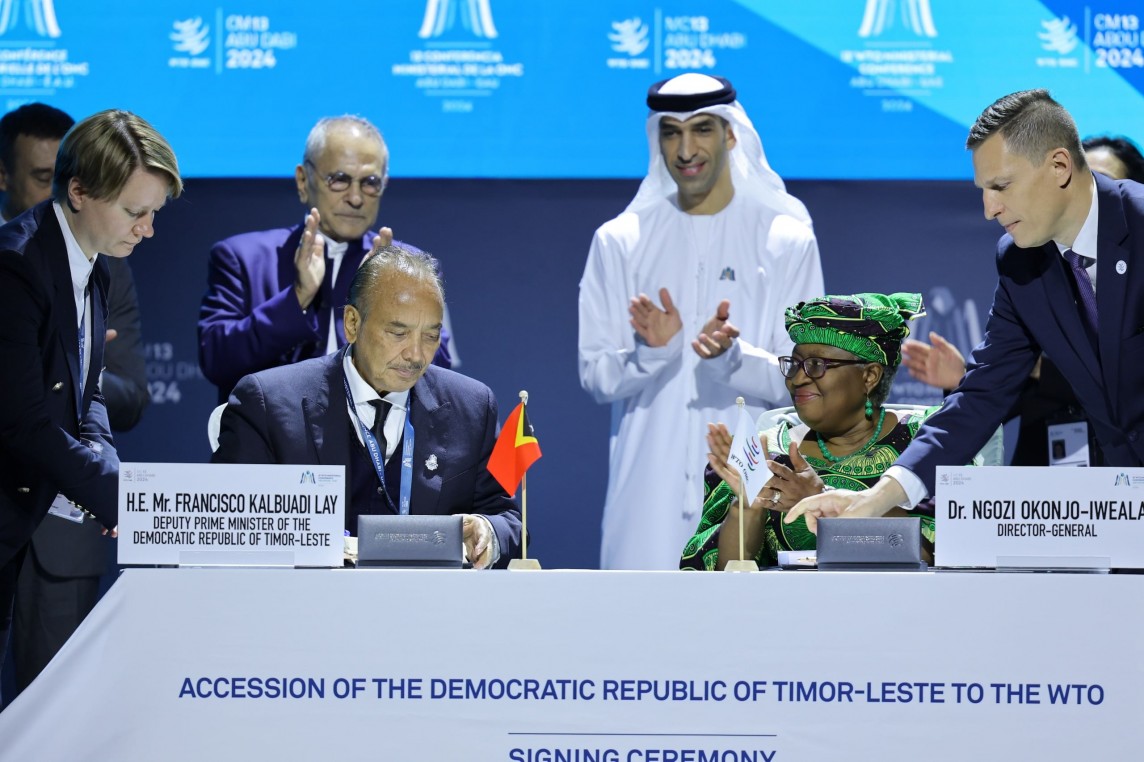 |
| Ms. Ngozi Okonjo-Iweala and Mr. Francisco Kalbuadi Lay - Deputy Prime Minister of East Timor |
The hard-hit regions are extending a 25-year moratorium on tariffs on digital trade, which South Africa and India oppose, as well as a deal on agricultural trade rules that has eluded negotiators for decades.
India’s insistence on permanently abandoning WTO rules that currently limit domestic agricultural subsidies on food items such as rice was echoed by Indian Commerce Minister Piyush Goyal, who was in New Delhi on Feb. 26 to attend a textile event.
“I think this week is really about trying to consolidate the progress from the last two years and build on what we can, but I don’t think there will be breakthroughs in new areas,” said Simon Conveney, Ireland’s Minister for Enterprise and Trade.
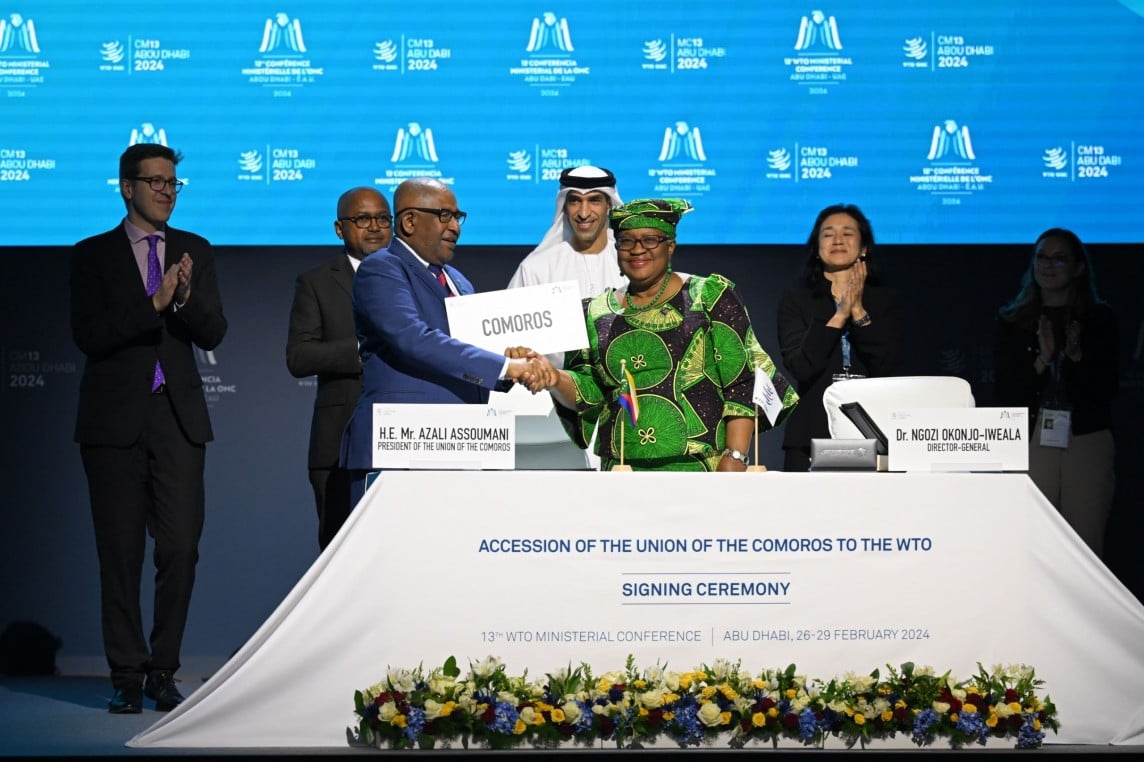 |
| Comoros officially joins WTO |
US Trade Representative Katherine Tai said the meeting was an opportunity to “chart a path forward together” and that success should not be measured by the number of deals.
Her office later said she reaffirmed US priorities during the meeting, including “restoring transparency, rebuilding the WTO to address current challenges, and reforming dispute settlement.
Ms. Katherine Tai also met with Chinese Commerce Minister Wang Wentao, where she raised concerns about China's excess steel capacity affecting global markets and “ongoing imbalances due to China's non-market, state-led trade policy approach.”
One factor that could help the WTO talks is the determination of Ngozi Okonjo-Iweala, Nigeria’s former finance minister, who has been determined to hold all-night meetings to help reach a deal in Geneva in 2022. She has asked ministers to plan for four rounds of talks.
European Trade Commissioner Valdis Dombrovskis said uncertainty and multiple crises were affecting the rules-based global order. “This tense geopolitical environment makes multilateral institutions like the WTO all the more important,” he said.
Source








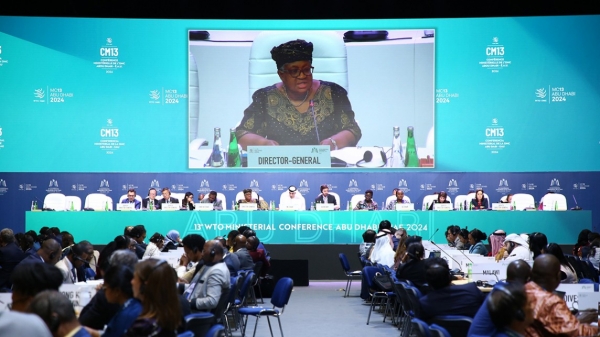
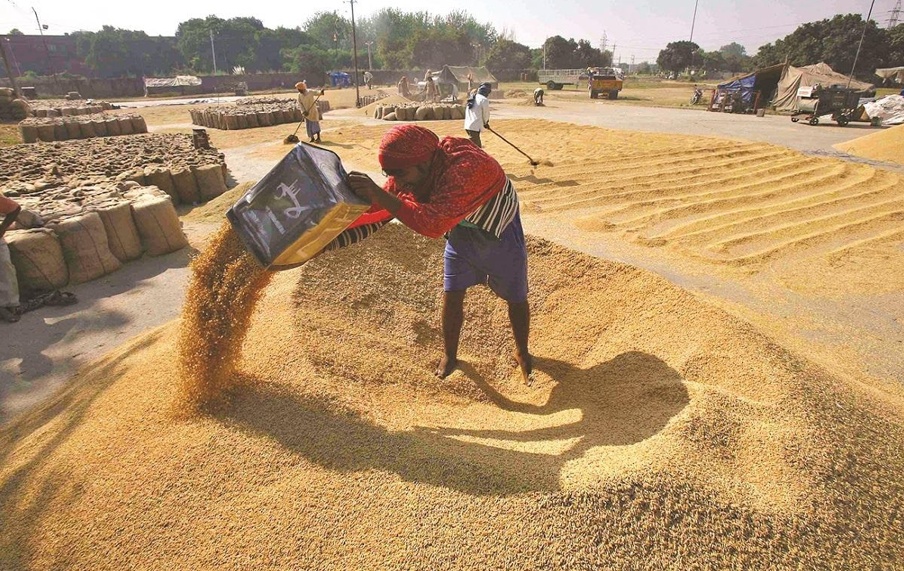
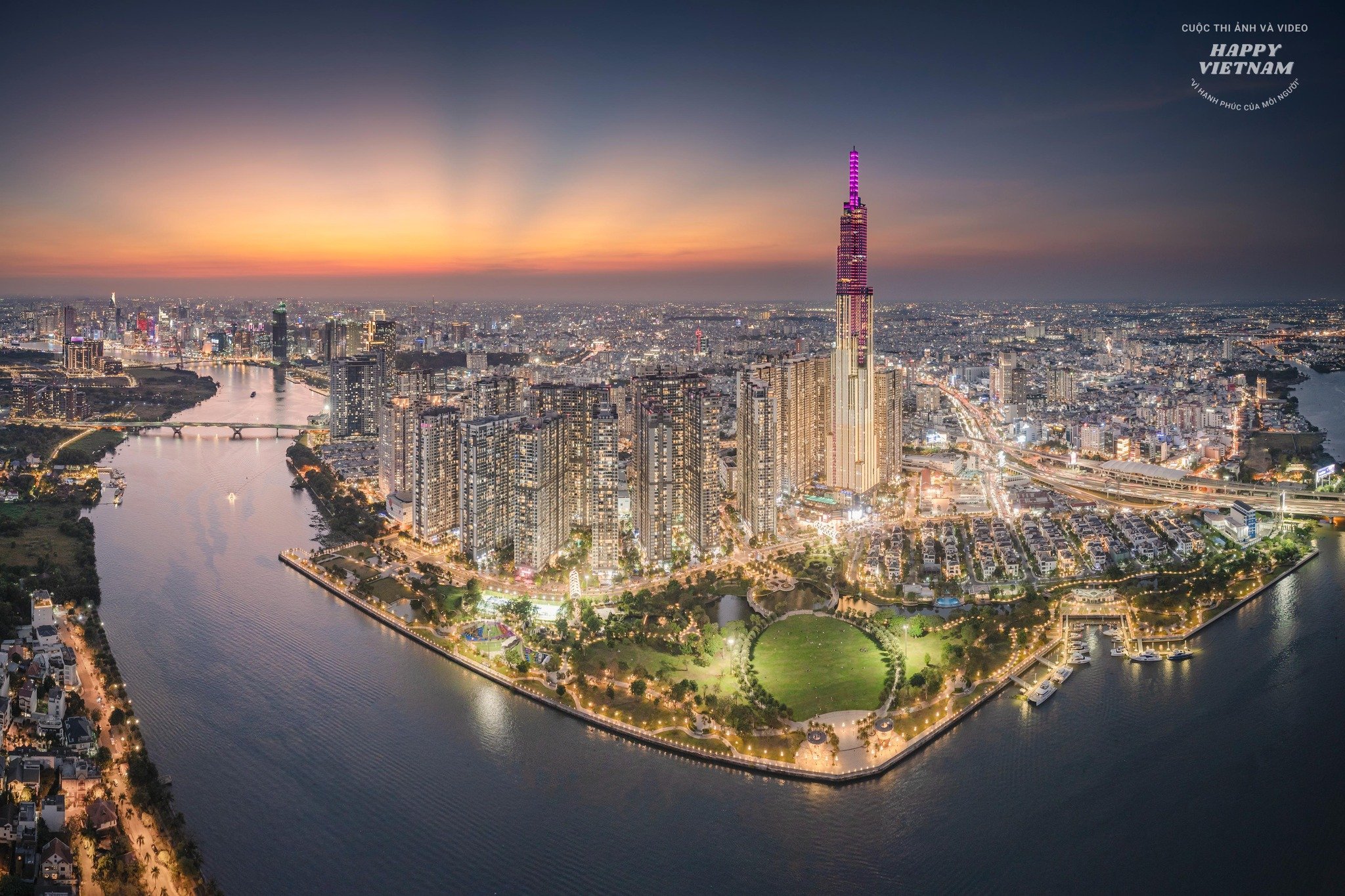

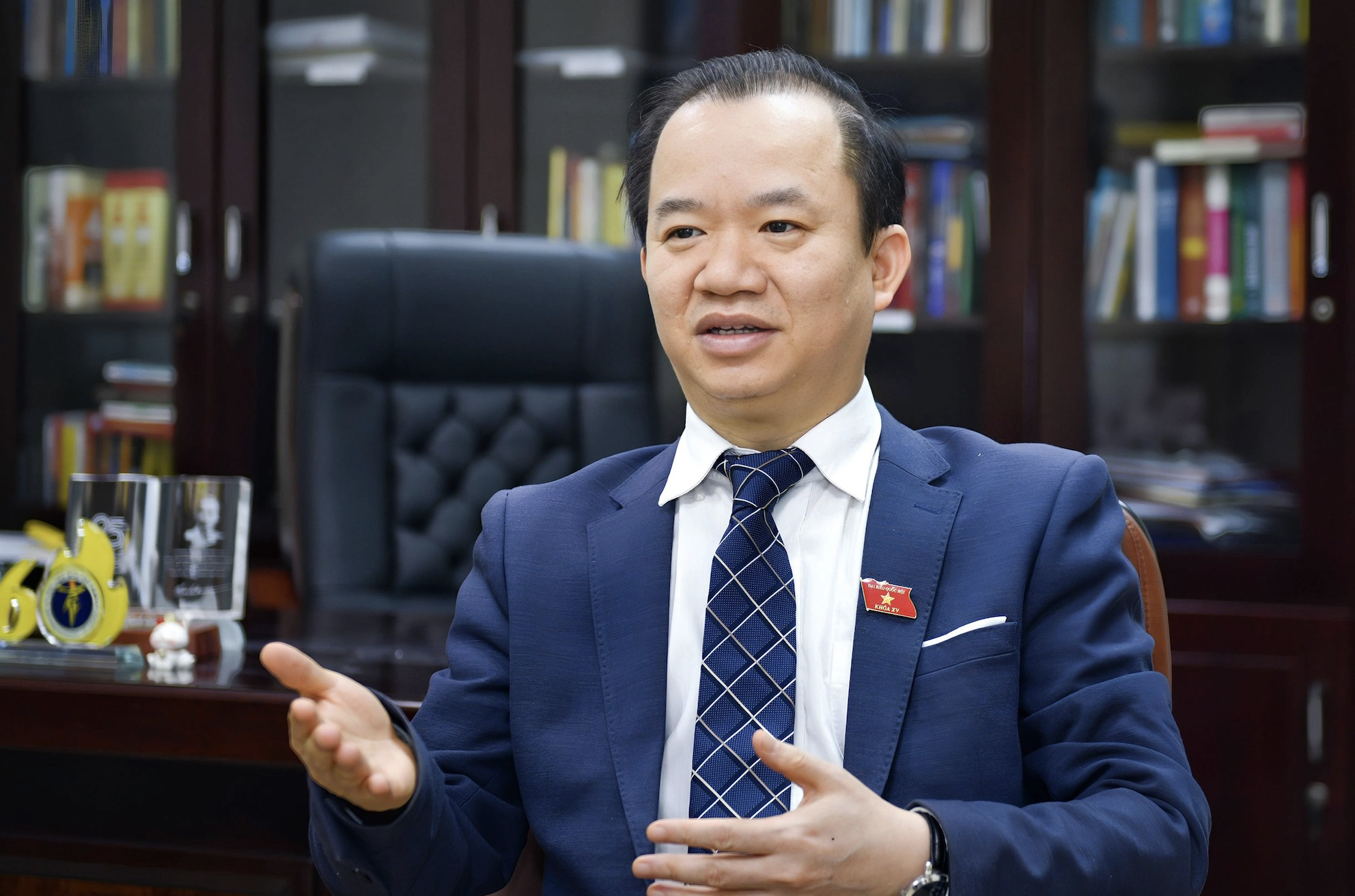

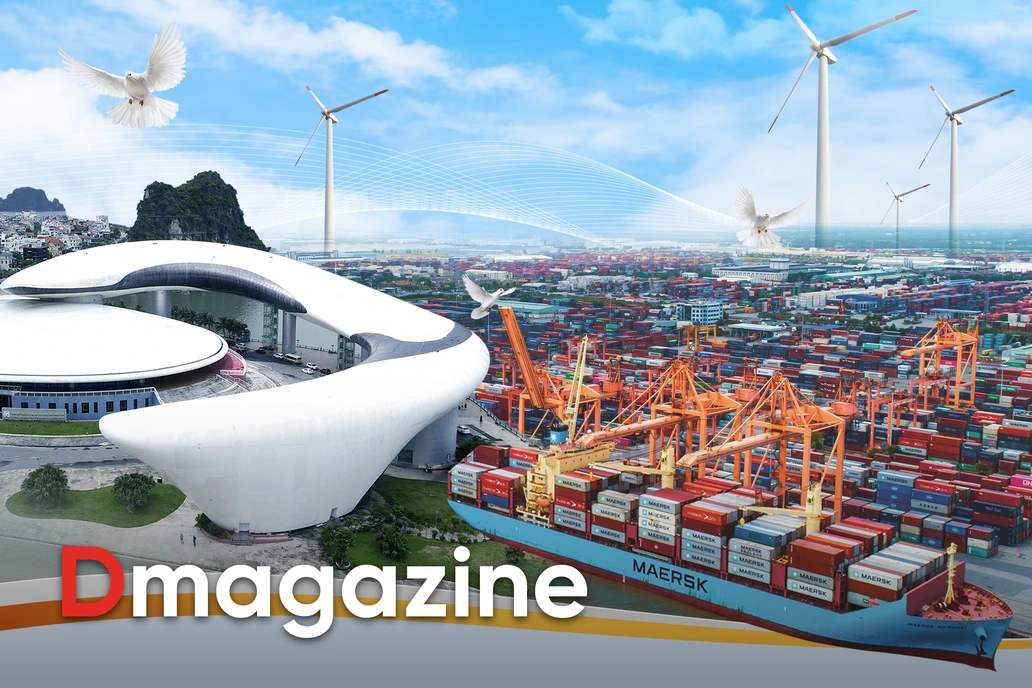
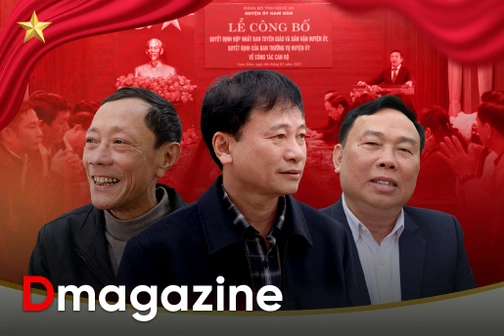
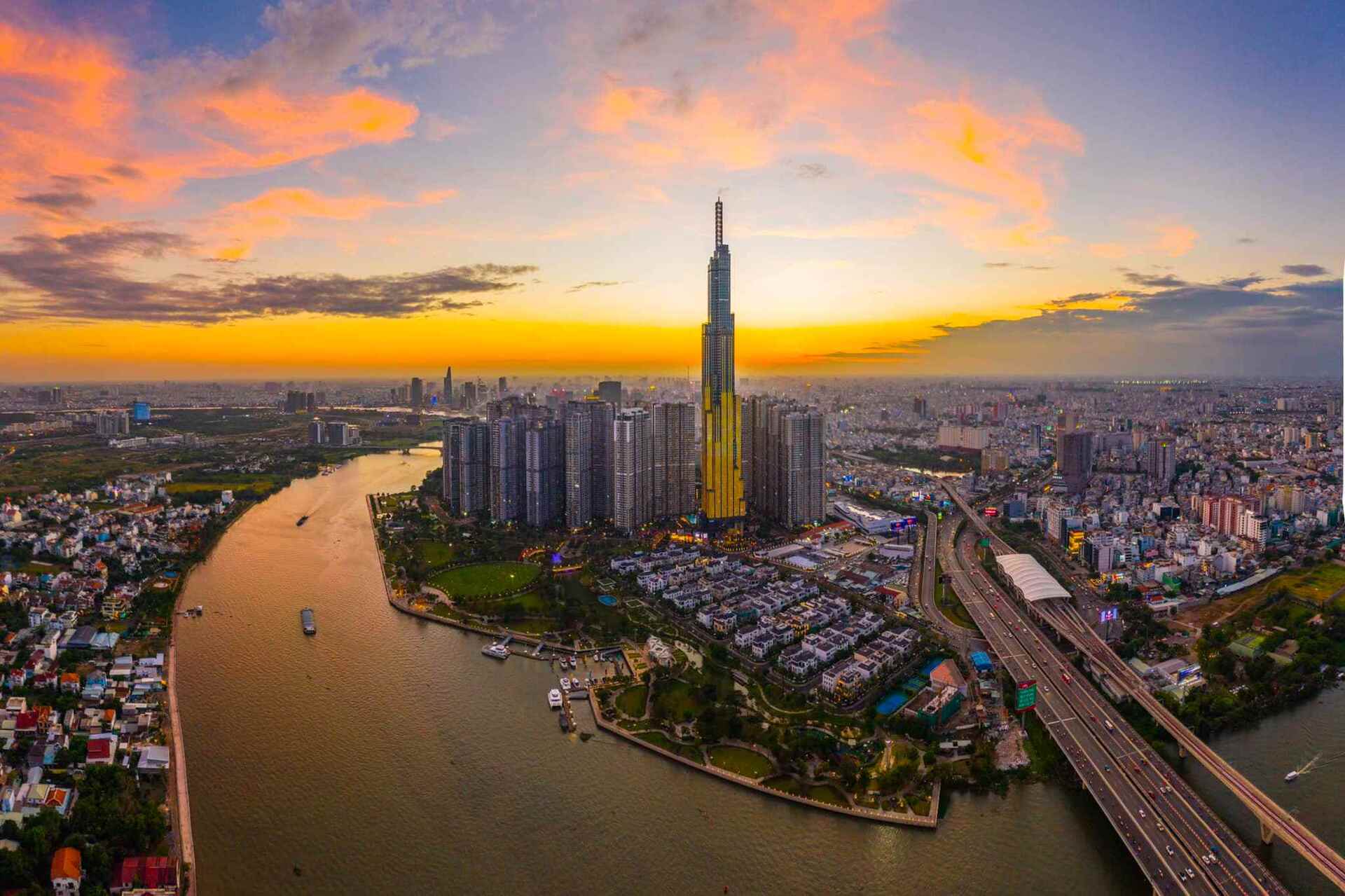

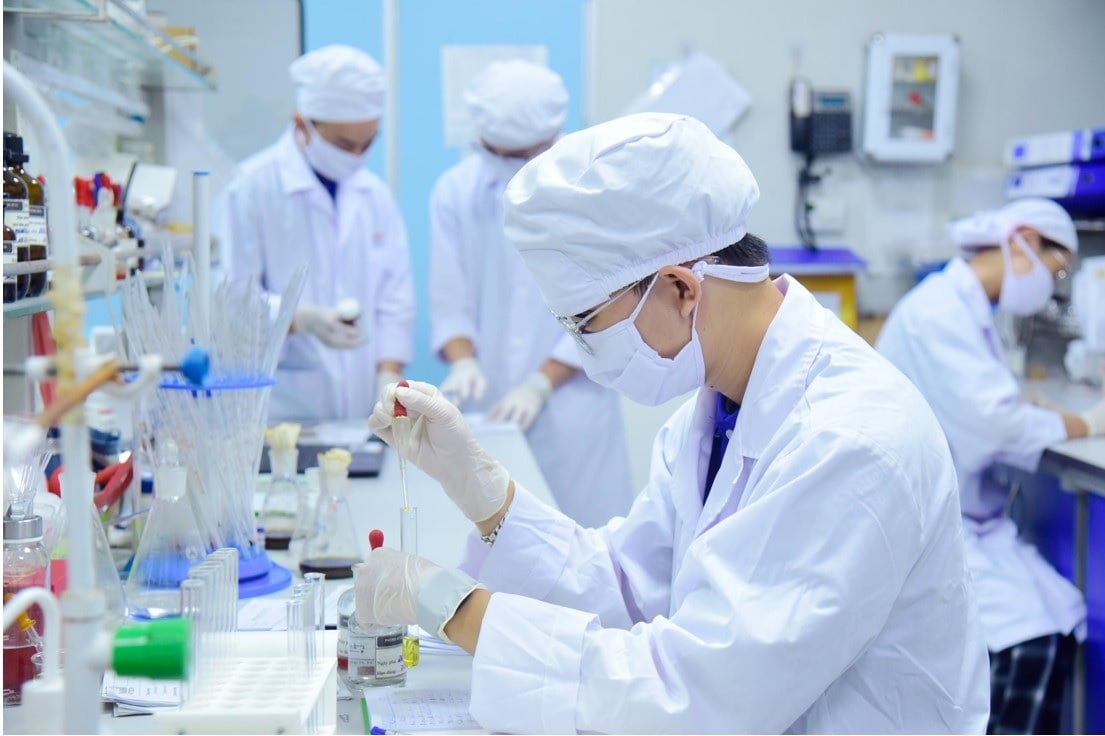



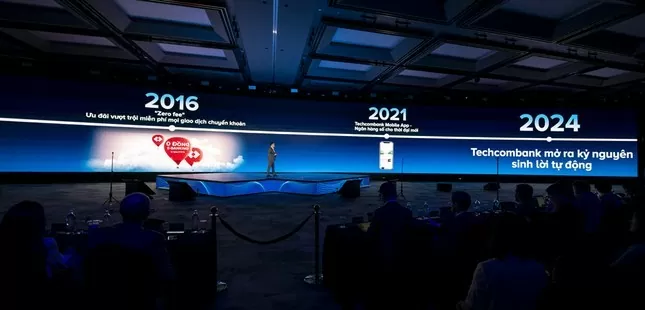
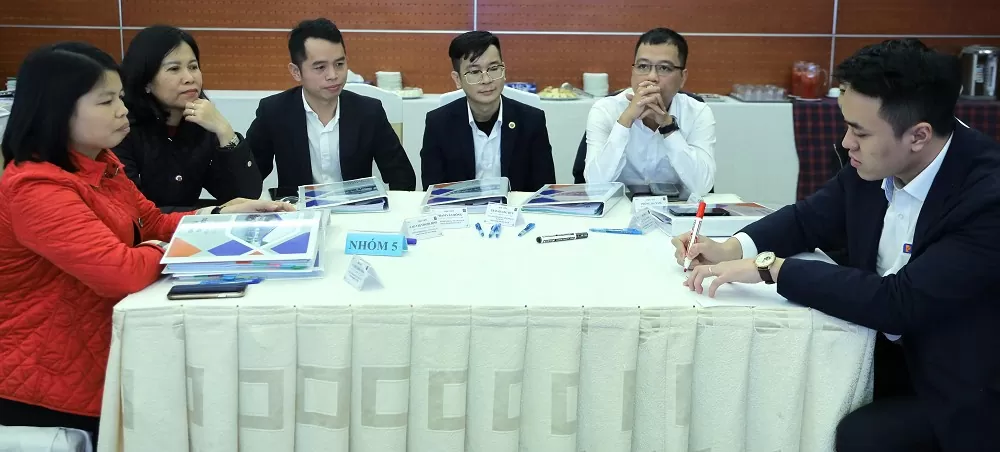
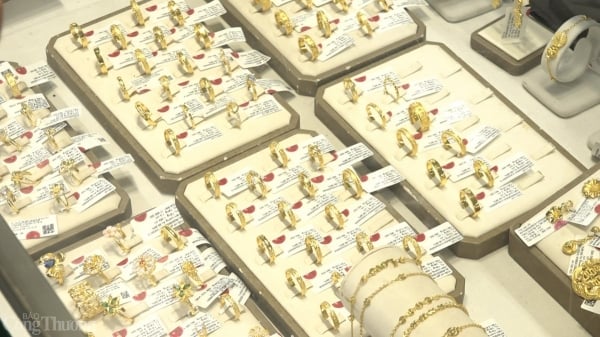
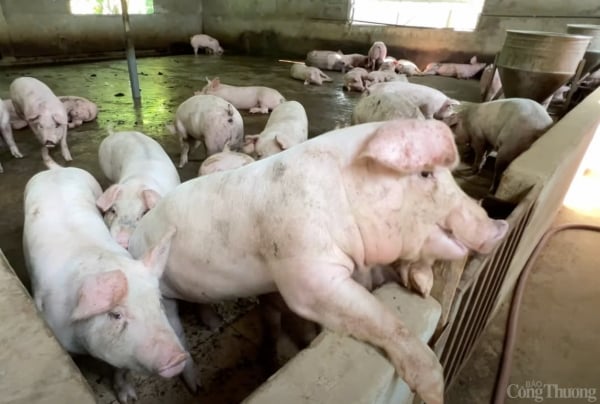
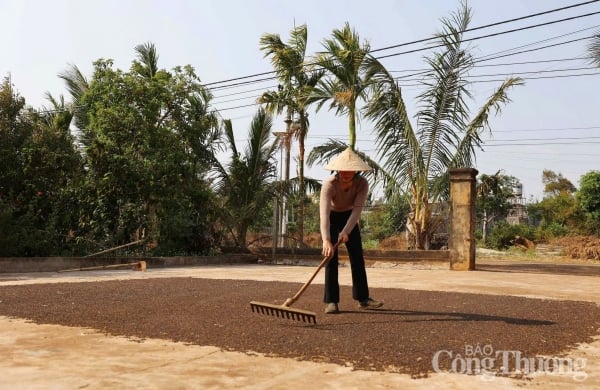
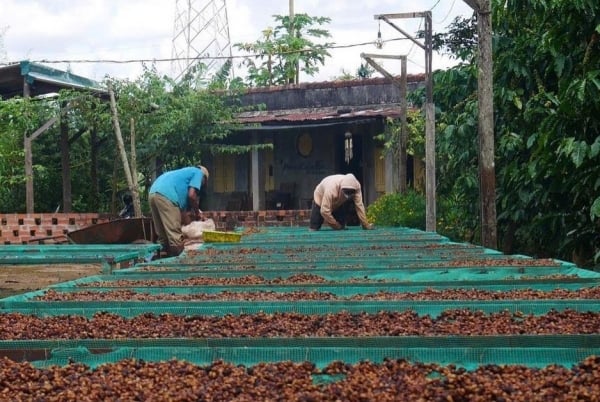







![[Photo] Prime Minister Pham Minh Chinh chairs Government Conference with localities on economic growth](https://vstatic.vietnam.vn/vietnam/resource/IMAGE/2025/2/21/f34583484f2643a2a2b72168a0d64baa)


























































Comment (0)